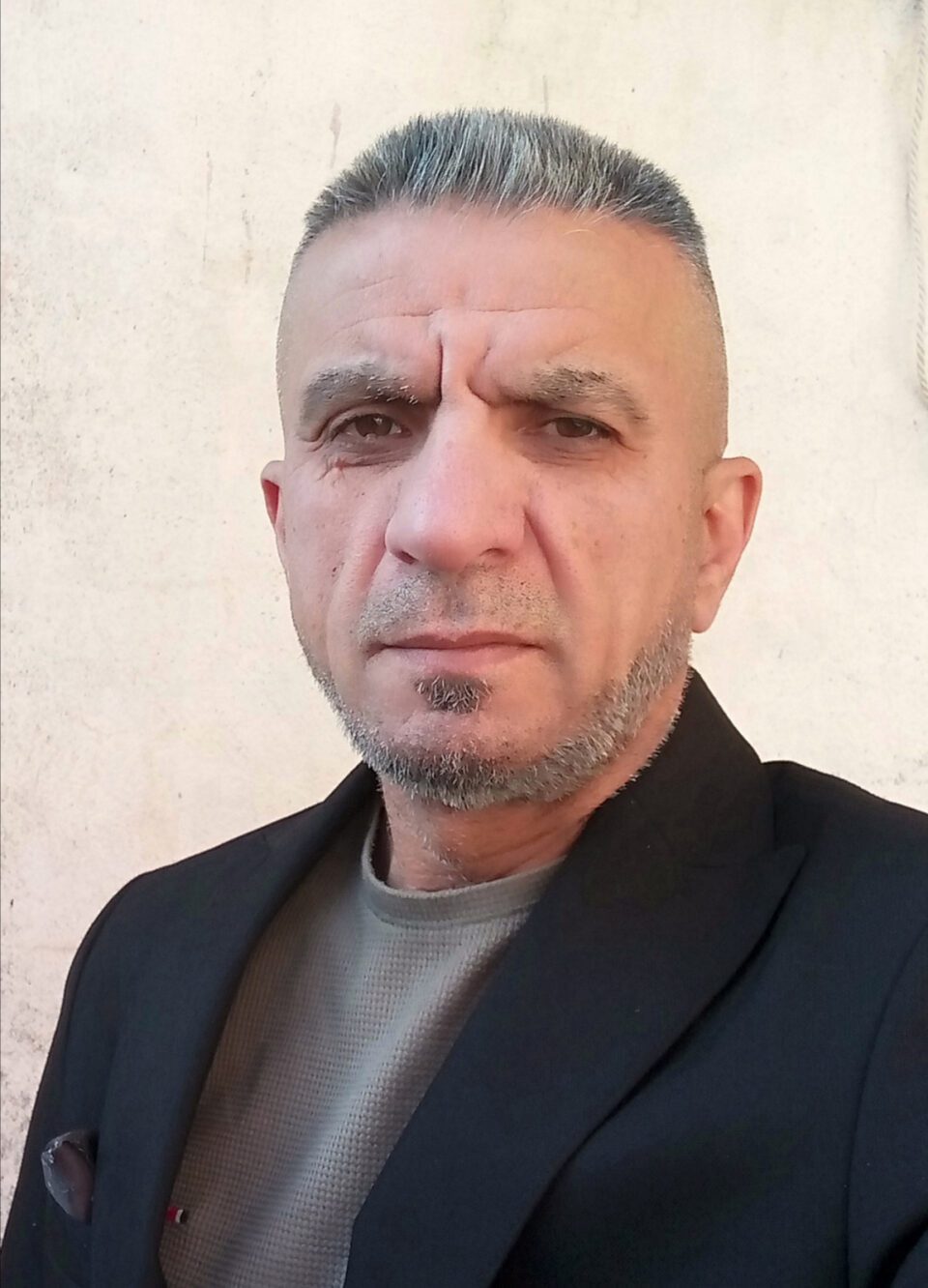By Saadula Aqrawi
I believe that the Kurdish have long played a central role in the political and social landscapes of countries like Iraq, Syria, Turkey, and Iran. In Iraq, particularly, the Kurds have been crucial in shaping the country’s stability post-Saddam Hussein, influencing not only national governance but also regional dynamics. Their contributions to stability are multifaceted, encompassing military, political, and humanitarian aspects, but they have also faced numerous challenges and setbacks that complicate their role in Iraq and the broader Middle East.
Yes, after 2003, Iraq underwent a period of intense upheaval, with sectarian violence and insurgency engulfing much of the country. And I believe that the Kurdistan Regional Government KRG, became a vital stabilizing force. While sectarian conflicts between Sunni Arabs and Shia Arabs were rampant, the Kurdish region largely remained peaceful. The Kurds took advantage of their newfound political power to establish a relatively stable and prosperous area in the north, focusing on rebuilding infrastructure, developing their economy, and attracting foreign investment, particularly in the oil industry.
And of course, the Kurdish region’s relatively stable governance allowed it to become an economic hub in Iraq. Kurdish officials actively sought to develop oil resources in the north. The Kurdistan Region became a crucial player in Iraq’s oil industry, and the income generated from oil sales became a pillar of the region’s economic growth. The Kurdish region also provided a safe haven for displaced persons from other parts of Iraq, underscoring the KRG’s ability to maintain a degree of stability even as the rest of Iraq struggled.
Also, in Syria, the Kurdish-led Syrian Democratic Forces (SDF) became a key player in the fight against ISIS. They were critical allies of the U.S.-led coalition against ISIS, helping to liberate large portions of northern Syria from the terrorist group. The SDF’s role in stabilizing the region, particularly in areas such as Raqqa, also created tensions between Kurdish factions and other regional powers, including Turkey. Despite these challenges, the Kurds in Syria maintained a degree of local governance that helped preserve stability in their areas.
Yes, the Kurds have played a pivotal role in the stability of Iraq and the broader Middle East. In Iraq, they have been crucial in maintaining peace and security in the face of internal conflict and external threats. Their economic contributions, military prowess, and political influence have helped secure the Kurdish region and contributed to Iraq’s national cohesion. Similarly, in the broader Middle East, the Kurds have been a stabilizing force, despite facing challenges from both state and non-state actors.
While the path toward full autonomy remains fraught with challenges, the Kurdish people’s resilience and ability to navigate complex political landscapes make them essential players in the future of Iraq and the Middle East. Their role in promoting stability, both locally and regionally, underscores the importance of Kurdish political aspirations and their potential to shape the future of the Middle East.

